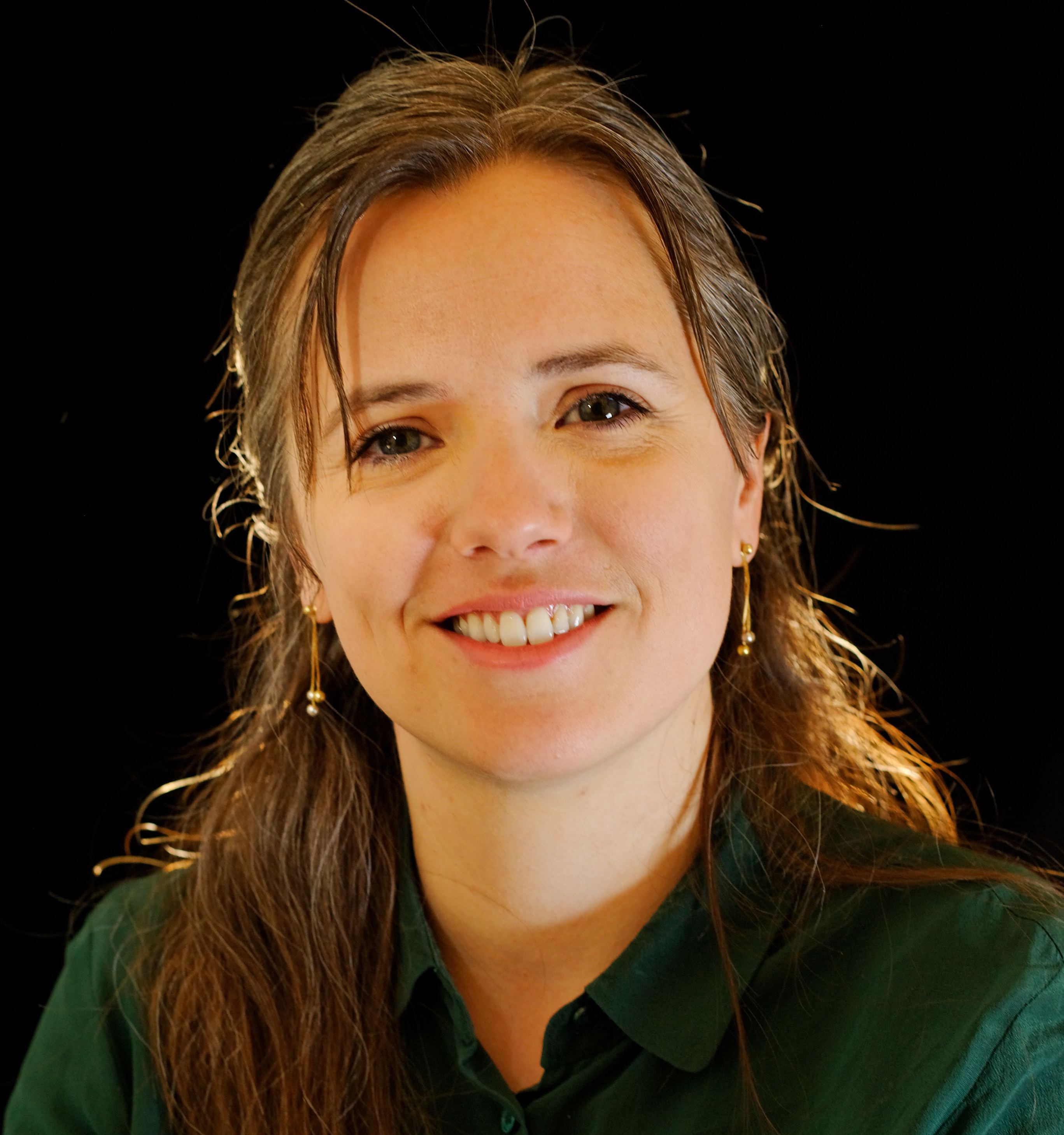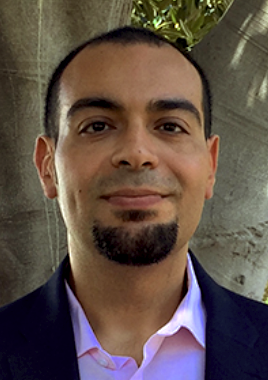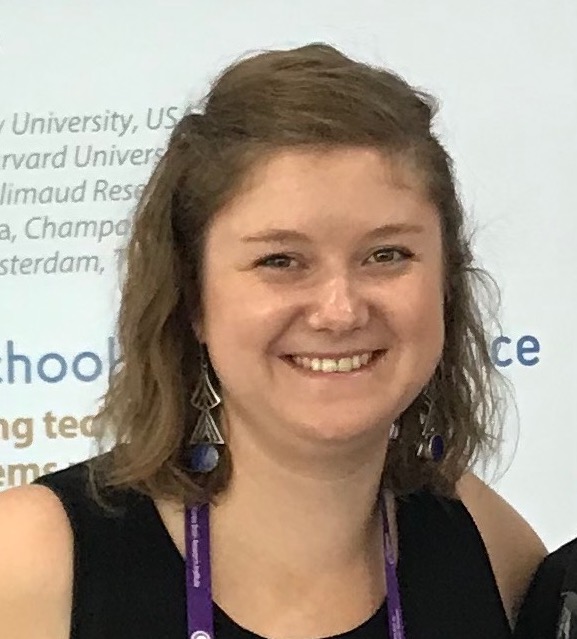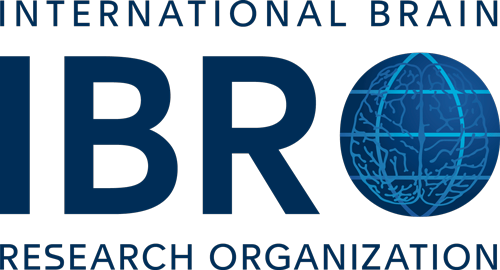Marquis Salons 3&4 Located on level M2.
Times are EDT, local time.
Deconstructing colonial and historical biases in neuroscience
This event aims to shed light on the enduring impact of colonialism and historical biases on the field of neuroscience. Speakers will provide unique perspectives on how these biases have influenced our understanding of the brain and continue to affect diversity and inclusion in research and academia today.
Through engaging discussions, we'll explore the ways in which these biases have shaped research practices, knowledge production, and clinical applications, as well as ongoing efforts at the research, institutional, and lab levels to address and combat discrimination and racism.
This event offers a platform for critical reflection and dialogue on how we can collectively strive for a more inclusive and equitable neuroscience by taking an international approach to tackling these issues.
The session will include a Q&A with the audience and will be followed by some networking around snacks and drinks.
Chairs & Speakers

Chairs
- Anna Beyeler - French NIH / INSERM - University of Bordeaux, France - ALBA Ambassador
- Mary Kay Lobo - University of Maryland School of Medicine - ALBA Board of Directors
Speakers
- Tiffany N. Younger - Columbia University School of Social Work, NY, US
Tiffany Younger is a scientist, professor and activist. Her work examines how the US economy shaped by whiteness, patriarchy, and coloniality materially impact the psychological and physiological heath of Black women. She works alongside scientists, physicians and public health experts to address health disparities through human centered research with a focus on design justice. Currently, she serves as a Lecturer at Columbia University School of Social Work and the School of Social Policy and Practice at the University of Pennsylvania.
Tiffany worked as a policy fellow for United States Senator Kirsten Gillibrand where she focused on issues of criminal justice, gender, and race equity. Most recently, she completed her T32 clinical research science fellowship with the National Institute of Health (NIH) where her research interests focused on health disparities and the implications of structural racism.
- Melissa L. Perreault, Department of Biomedical Sciences, University of Guelph, ON, Canada
Dr. Melissa Perreault is an Associate Professor and neuroscientist in the Department of Biomedical Sciences at the University of Guelph and a member of the Royal Society of Canada. Her translational research is focused on the understanding of sex differences in the mechanisms that underly neuropsychiatric disorders, and on the identification of brain wave patterns that can be used as biomarkers to identify brain and mental health disorders. Dr. Perreault is Indigenous, a citizen of the Métis Nation of Ontario, Canada. She has developed numerous Indigenous and equity, diversity, and inclusion initiatives at institutional, national, and international levels. As a member of the Indigenous Knowledge Holders Group for the Canadian Brain Research Strategy and Lead of the Cross-cultural Working group for the International Brain Initiative, she continues to strive towards inclusivity in neuroscience and Indigenous community research.
This session is part of Neuroscience 2023 (November 11-15 - held at the ). More information and registration here: sfn.org/meetings/neuroscience-2023/registration
Our social is listed as a satellite event on this page: sfn.org/Meetings/Neuroscience-2023/sessions-and-events/satellite-events
Organisers



This event is organised with the support of the International Brain Research Organization, a founding partner of the ALBA Network.




